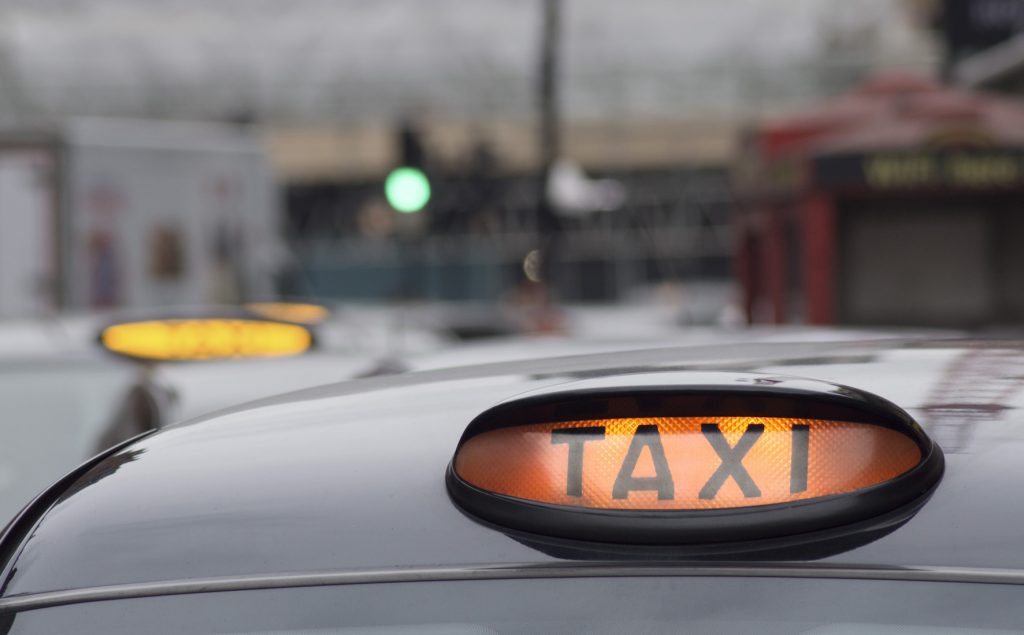Taxi giant Uber was in the news again last week, after winning its appeal to keep its licence to operate in London. But having previously been blasted by TfL as ‘unfit’ to hold a license at all, how exactly did Uber manage to win its case?

Back in September 2017, Transport for London (TfL) announced that it was suspending Uber’s license to operate in the city, due to a number of concerns about the way the firm was managed and run.
TfL had decided that Uber was not a “fit and proper” organisation, and so could not hold an Operator’s Licence. They had cited concerns about public safety and security, and a failure to conduct proper checks on drivers.
After such damning accusations, it is perhaps surprising that Uber managed to successfully appeal the suspension of its license. But there are a number of ways that a licensee can increase their chances of winning an appeal in cases like these, and the tactics used by Uber are a good example of those that can be adopted by other operators in a similar situation.
About the Appeal
Having appealed the decision within the requisite 21 days, Uber was allowed to continue operating on its existing license until the appeal case could be heard. That finally happened last week (26 June 2018), in a hearing before Chief Magistrate Emma Arbuthnot at Westminster Magistrates’ Court.
An appeal can be lodged by any taxi or minicab firm against a licensing decision made by any local authority. It is up to the appellant (in this case Uber) to prove that the decision made by the licensing authority (in this case TfL) was wrong.
Changes that have been made since the license was refused can be considered as part of this, so an appellant can give itself a better chance of success on appeal by implementing certain changes – which is exactly what Uber did.
Uber Shake-Up in the UK
Over the months preceding the appeal hearing, Uber made a number of changes to its UK management and operation, including:
- Appointment of a new non-executive chairman
- Introduction of a system for proactive reporting of serious incidents
- Steps to ensure that drivers only operate in areas in which they are licensed
Uber and TfL had also mutually negotiated a set of conditions that would be imposed should the court grant Uber a license. These include:
- Uber shall tell TfL about all customer and/or driver safety and security initiatives
- Every 6 months, Uber will provide TfL with an independent report about its assurance procedures
- Uber must tell TfL about any changes it is going to make to its booking systems, at least 28 days in advance
- Uber must tell TfL of any legal transgressions it makes anywhere else in the UK
These conditions, combined with the management changes that Uber had made (the judge was particularly impressed with the new non-executive chair, Laurel Powers-Freeling), meant that the court was persuaded to allow Uber a 15-month probationary licence.
TfL – The Real Winner?
While it may appear at first glance that Uber is the winner here – after all, they won their appeal and have been allowed to continue to operate in London – TfL has certainly not come out of the deal badly.
In compelling Uber to undergo an appeal process, TfL has forced them to make significant changes to the way in which they operate. Having negotiated these changes with Uber directly, TfL ensured that their own conditions were met, rather than relying on Uber to make the changes on their own.
Was it worth it for TfL? After all, a lengthy court process can be demanding and expensive. But in this case, Uber agreed to pay TfL’s costs – put at the extraordinarily high figure of £425k. So the answer is a resounding yes. TfL has ensured that not only has Uber stepped into line with their own demands, but that they have paid for the privilege themselves.
While this latest decision primarily affects Uber’s operation in London, it will undoubtedly have a knock-on effect on other regions of the UK, meaning that concerns about the way that Uber operates in other regions, including the Midlands, may well be finally addressed.
For more information on all taxi licensing matters, contact Regan or Gemma at info@reganpeggs.com, or call 0121 201 3765.
- UK Motoring Offence Stats: A Closer Look at the Numbers - October 26, 2023
- Are Sat Navs Excuses for Motoring Offences? - October 4, 2023
- Is divorce always 50/50? - August 2, 2023


Leave a Reply
You must be logged in to post a comment.